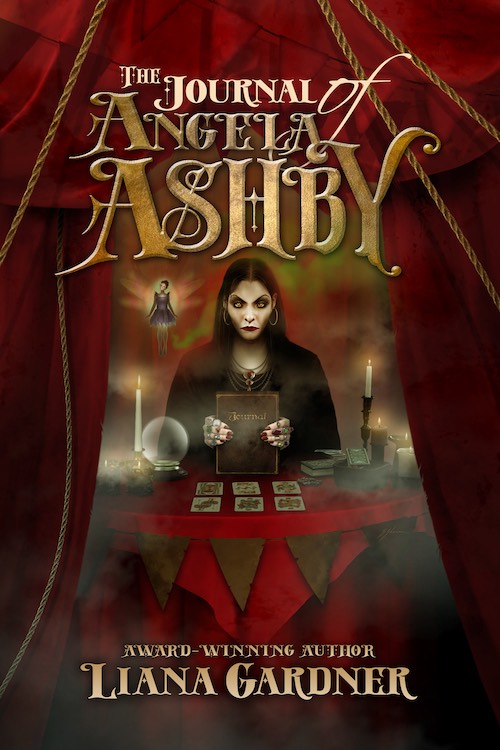The Sunday Post for December 22, 2018
Each week, the Sunday Post highlights a few articles we enjoyed this week, good for consumption over a cup of coffee (or tea, if that’s your pleasure). Settle in for a while; we saved you a seat. You can also look through the archives.
The Itsy-Bitsy, Teenie-Weenie, Very Litigious Bikini
Brand-savvy Ipek Irgit saw a cute bikini sold by a scrappy artist on a beach in Brazil, hired a friend to help her replicate it, and sold it as high fashion. When the knockoffs appeared, she started suing — until one of her targets sued back, hard.
For some folks, marketing is no different from making: brand it, and you’re the author of it. Fortunately, the law still disagrees.
As we spoke, Ms. Irgit shared her disdain for the legal process — a hatred of lawsuits and a belief that it is lawyers who benefit the most from them. It was the creative process she most cherished, she said. She meandered, though, when I asked her repeatedly to talk about inventing the Kiini. Did she sketch it? How did she come up with the idea of threading elastic through crochet?
"It goes back to with my grandmother," Ms. Irgit said, in her most specific answer. "We used to make things like crochet bikinis, so I was like 10 and 11."
"You made crochet bikinis when you were 10?" I asked.
"Not me, I’m not making them, right?" Ms. Irgit said. "No, ‘make’ is like — it is usually my idea. I’m not that — I didn’t make them. My mom made it, or my grandma made it."
What about the bathing suit Ms. Irgit was wearing on the beach in Montauk in 2012 with Mr. Becker? Who made it? "I had had it made," was all Ms. Irgit would say.
Stuck on You: An Ode to the Second Person
Nell Stevens writes about the strange appeal of the second person in the essay equivalent of a mobius strip, the grammatical equivalent of a disappearing act. Worth it for these two lines alone (though also very much worth it throughout).
People say that Lorrie Moore is the only author who can get away with the second person and they are wrong. Lorrie Moore, you are one of the authors who can get away with the second person.
How Ghost Hunting is Like Living with Lyme Disease
Porochista Khakpour wrote about Lyme disease as a lifelong gaslighting by the medical industry. Christina Diane Campbell sees ghosts instead. Struggling with the pain and weakness of her illness, she goes on the hunt — late-night prowls with camera and recorder that reveal something about the body and the spirit most of us are fortunate not to know.
I’m a little jealous of the supposed ghosts. They float around unencumbered by treacherous bodies, while corporeal humans — like me with my sore arms and runny guts — shiver in the January wind and beg the dead to show themselves. I don’t always believe in ghosts, but I believe in data. I want to discover that the body is not everything, even though our physicality sometimes feels like the most powerful force in the world, especially when sickness corrupts your whole personality and spirit.
